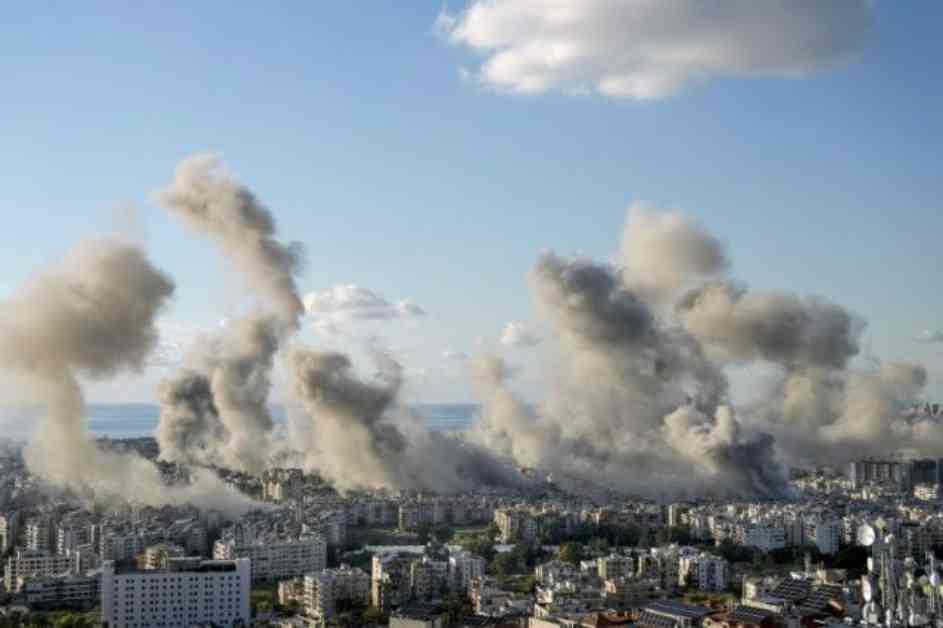Israel has approved a ceasefire agreement with Lebanon’s Hezbollah, marking a significant step towards ending the ongoing conflict related to the war in the Gaza Strip. The ceasefire agreement was brokered by the United States and received approval from Israel’s security Cabinet. Prime Minister Benjamin Netanyahu presented the agreement, which aims to halt the fighting that has lasted for nearly 14 months.
The agreement requires a two-month initial halt in fighting, with Hezbollah expected to end its armed presence in southern Lebanon. Israeli troops would return to their side of the border, and additional Lebanese troops and U.N. peacekeepers would deploy in the area. An international panel led by the United States would monitor compliance from all sides.
Although Israel and Hezbollah have accepted the ceasefire proposal, the exact terms of the deal remain undisclosed. Israel has emphasized its right to take action if Hezbollah violates the terms of the truce. The ongoing conflict has resulted in significant casualties and displacement, with civilians on both sides bearing the brunt of the violence.
As the ceasefire agreement awaits implementation, Israel has continued its military campaign in Lebanon, targeting Hezbollah’s military capabilities. Strikes by Israeli warplanes have resulted in casualties and destruction in Beirut and other areas. Meanwhile, Hezbollah has responded with rocket fire, triggering air raid sirens in northern Israel.
Despite the prospects of a ceasefire, challenges remain in achieving a lasting peace in the region. The conflict has escalated tensions between Israel, Hezbollah, and other groups backed by Iran. The ceasefire agreement is seen as a crucial step towards reducing the likelihood of further escalation and warfare.
The situation in the Middle East remains complex, with various political and military dynamics at play. The ceasefire agreement between Israel and Hezbollah represents a significant development, but the road to lasting peace and stability in the region is fraught with challenges. The international community, including the United States and other stakeholders, will play a crucial role in ensuring the successful implementation of the ceasefire and working towards a comprehensive resolution to the conflict.


